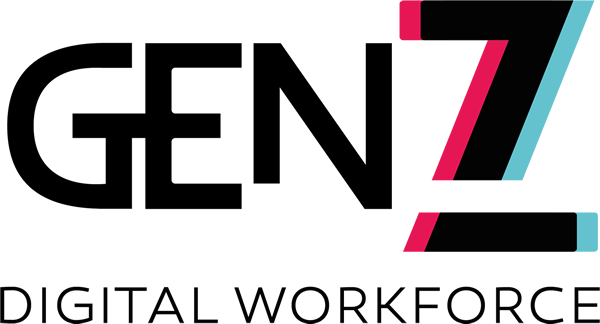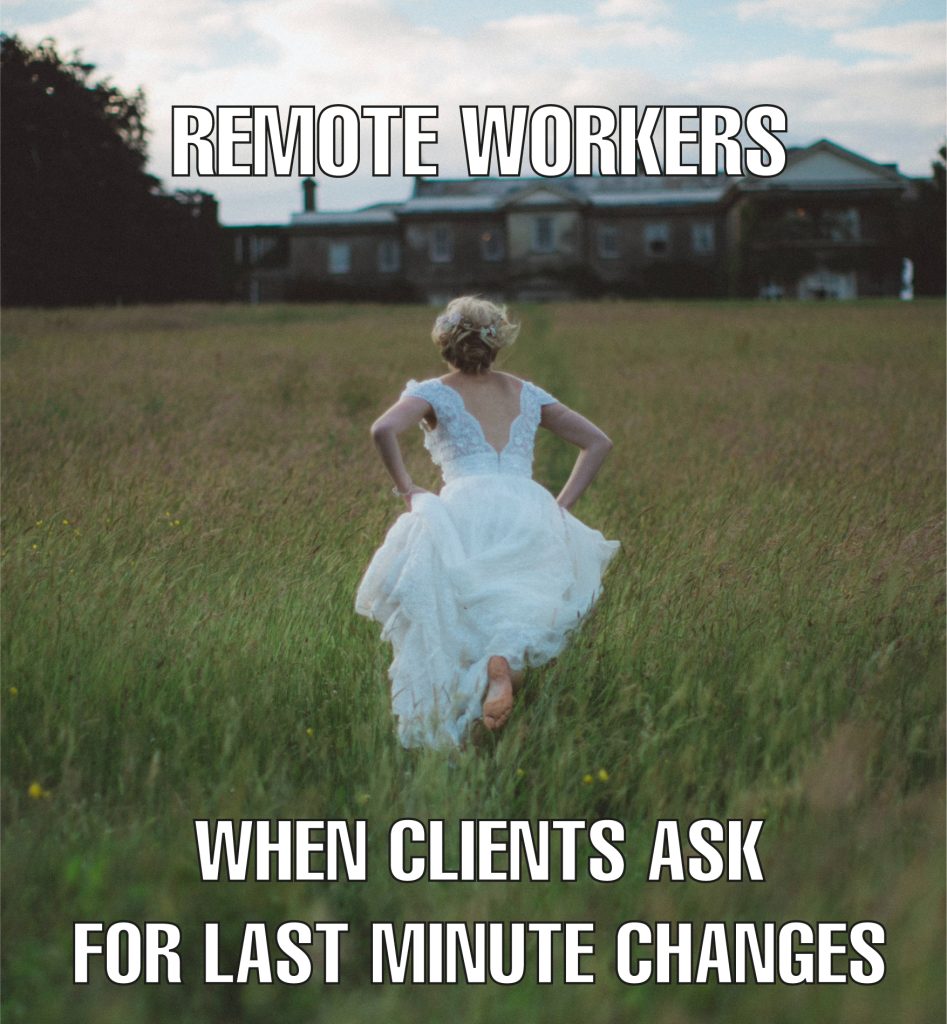Soft skills are general characteristics, relevant to personality traits. Some soft skills you’d like to see in all employees regardless of their position or expertise, while other soft skills make sense in certain jobs and are less important in others. For example, if you value collaboration in your company, you want to hire employees who are great team players and can communicate well with others. On the other hand, networking and relationship-building skills might be essential for sales and marketing roles, but irrelevant for engineering roles. Likewise, leadership abilities make sense for people who’ll manage a team no matter their department.
Employees develop hard skills through education and on-the-job practice, while they develop soft skills through various, life-long professional and personal experiences. For example, marketers can learn marketing techniques and tools by attending a marketing course, whereas they could grow their collaboration skills by participating in a sports team.




